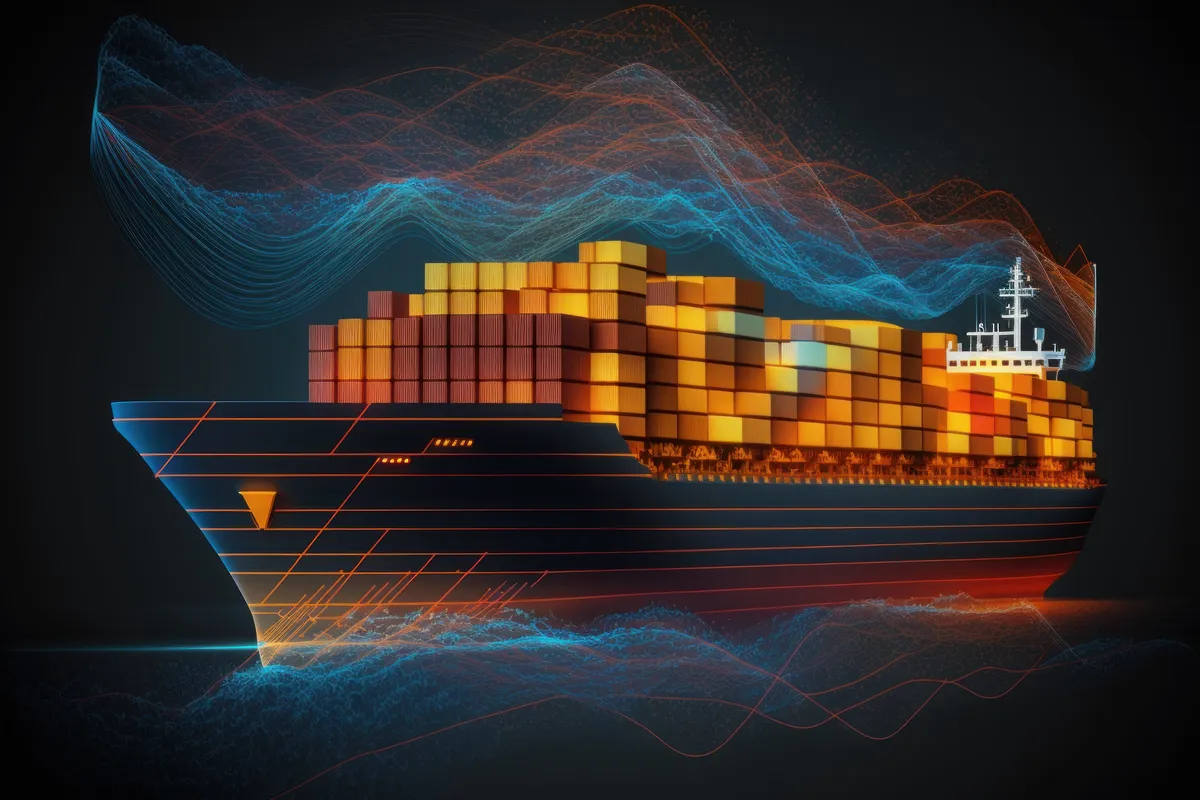The Isle of Man Ship Registry issued Technical Advisory Notice 006-24 with guidance for ship operators regarding new environmental protection rules under MARPOL (International Convention for the Prevention of Pollution from Ships) that take effect on January 1, 2025, in the Red Sea and Gulf of Aden. These areas are now designated as Special Areas under MARPOL Annexes I and V, and stricter discharge requirements will apply for oil, oily mixtures, and garbage.
Key Provisions of MARPOL Annex I (Oil and Oily Mixtures)
Starting January 1, 2025, the following regulations will apply to all ships of 400 gross tonnage and above in the Red Sea and Gulf of Aden Special Areas:
- Discharge of Oil and Oily Mixtures:
- Prohibition: Ships are prohibited from discharging oil or oily mixtures into the sea unless specific conditions are met.
- Conditions for Discharge:
- The ship must be enroute: Discharge is only permitted when the ship is actively moving toward a destination.
- Oil filtering equipment: Any discharge must be processed through an oil filtering system that meets the standards set by MARPOL regulation 14.7, ensuring that the oil content of the discharge is no more than 15 parts per million (ppm).
- Source restrictions: The oily mixture must not originate from the cargo pump-room bilges on oil tankers, and, if on an oil tanker, it cannot be mixed with oil cargo residues.
- Additional Restrictions for Oil Tankers: Any discharge of oil or oily mixtures from the cargo area of oil tankers is strictly prohibited.
Key Provisions of MARPOL Annex V (Garbage)
For the Red Sea Special Area, Annex V restrictions specifically target the discharge of garbage and food waste, aiming to reduce pollution from solid wastes:
- Discharge of Food Waste:
- Conditions: Discharge of food waste is only allowed if:
- The ship is enroute and at least 12 nautical miles from the nearest land.
- The food waste is comminuted or ground, capable of passing through a screen with openings no larger than 25 mm, and free from any contamination by other types of garbage.
- Conditions: Discharge of food waste is only allowed if:
- Discharge of Cargo Residues in Hold Washing Water:
- Restrictions on Cargo Residues: Ships are allowed to discharge hold washing water containing cargo residues if:
- The residues are non-harmful to the marine environment based on Annex V criteria.
- Solid bulk cargoes, except grain, have been classified by the shipper as either harmful or non-harmful to the marine environment (based on the International Maritime Solid Bulk Cargoes (IMSBC) Code for international voyages).
- Cleaning agents and additives in the wash water do not contain harmful substances.
- Both the ship’s port of departure and its next port of destination are within the Special Area, and the ship will not exit the Special Area during the voyage.
- No adequate reception facilities for waste are available at these ports.
- Distance from Land: If all conditions are met, discharge of cargo hold washing water with residues must occur at least 12 nautical miles from the nearest land.
- Restrictions on Cargo Residues: Ships are allowed to discharge hold washing water containing cargo residues if:
- Deck Washing Water:
- Discharge of cleaning agents or additives in wash water from decks and external surfaces is permitted if these substances are not harmful to the marine environment.
- General Garbage Discharge Requirements:
- If garbage is mixed with other substances with stricter discharge regulations, the most stringent discharge rules apply to the entire mixture.
Definitions of the Special Areas
- Red Sea Special Area: Includes the Red Sea proper, the Gulf of Suez, and the Gulf of Aqaba, bordered to the south by coordinates between Ras si Ane and Husn Murad.
- Gulf of Aden Special Area: Includes the portion of the Gulf of Aden between the Red Sea and Arabian Sea, bounded west by coordinates between Ras si Ane and Husn Murad, and east by coordinates between Ras Asir and Ras Fartak.
Compliance Expectations
The regulations come into effect immediately on January 1, 2025, with no phase-in period. Operators must ensure all vessels in these regions comply by this date, as immediate adherence will be enforced upon the entry into force.
LINK TO THE DOCUMENT

Sign up for our newsletter
It's free. No spam. Cancel anytime.









Related News
USCG issues safety alert on hazardous zone marking and awareness
Jan 21, 2025
USCG issues alert on improving vessel maneuvering systems to prevent accidents
Jan 20, 2025
Isle of Man: Key changes to marine casualty reporting
Jan 17, 2025